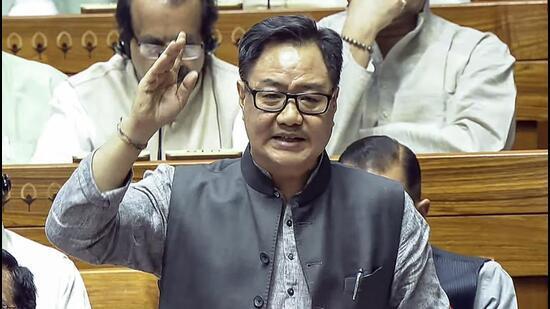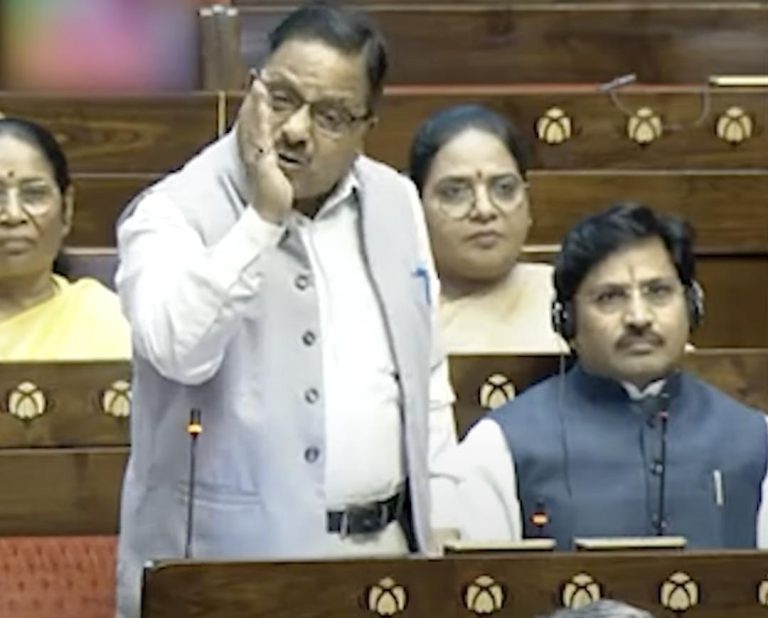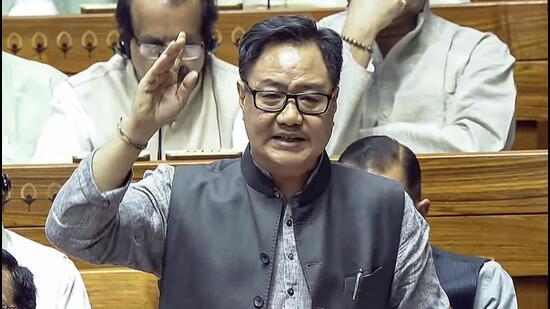
Argentina Bans Gender Surgery, Hormone Therapy for Minors
In a move that has sparked widespread debate and concern, Argentina’s presidential office has announced that President Javier Milei has taken the decision to ban gender change treatments and surgeries for minors. This decision has been met with both support and criticism from various quarters, with some hailing it as a necessary step to protect the welfare of children, while others have condemned it as discriminatory and harmful.
According to reports, the ban will also include limits on trans women being housed inside women’s prisons. President Milei has decreed that prisoners will be housed according to their gender registered at the time of committing the crime. This decision has raised concerns about the impact it may have on the rights and well-being of transgender individuals.
The news was announced on February 5, 2025, by Argentina’s presidential office, which stated that President Milei had taken the decision to ban gender change treatments and surgeries for minors in order to “protect the physical and psychological integrity of children and adolescents.” The office added that the ban was necessary to ensure that minors are not subjected to “coercive or irreversible” treatments that could have long-term consequences for their health and well-being.
The decision has been met with both praise and criticism from various quarters. Some have hailed the ban as a necessary step to protect the welfare of children, while others have condemned it as discriminatory and harmful. Human rights organizations have expressed concerns that the ban could have a devastating impact on the lives of transgender and non-binary individuals, particularly in a country where they are already facing discrimination and marginalization.
The ban has also sparked concerns about the impact it may have on the rights and well-being of transgender individuals who are already living in Argentina. Many have expressed fears that the ban could make it even harder for them to access the healthcare and support they need, and could lead to further marginalization and discrimination.
The Argentinian government has defended the decision, stating that it is necessary to protect the physical and psychological integrity of children and adolescents. The government has also argued that the ban is in line with international human rights law, which requires countries to protect the rights and well-being of all individuals, including those who identify as transgender or non-binary.
However, many have criticized the decision as a violation of human rights and a step backwards for LGBTQ+ rights in Argentina. The ban has been condemned by many human rights organizations, including Amnesty International and Human Rights Watch, which have called on the government to reverse the decision and ensure that transgender and non-binary individuals have access to the healthcare and support they need.
The decision has also sparked concerns about the impact it may have on the mental health and well-being of transgender and non-binary individuals. Many have expressed fears that the ban could lead to increased rates of depression, anxiety, and suicide among transgender and non-binary individuals, particularly in a country where they are already facing discrimination and marginalization.
In conclusion, Argentina’s decision to ban gender change treatments and surgeries for minors has sparked widespread debate and concern. While some have hailed the ban as a necessary step to protect the welfare of children, others have condemned it as discriminatory and harmful. The decision has also raised concerns about the impact it may have on the rights and well-being of transgender and non-binary individuals, and has sparked calls for the government to reverse the decision and ensure that all individuals have access to the healthcare and support they need.
Source:






